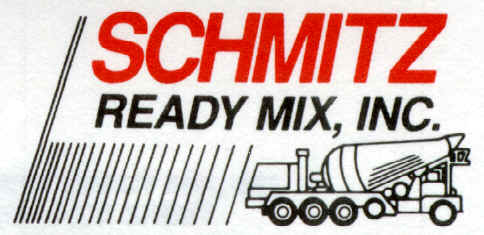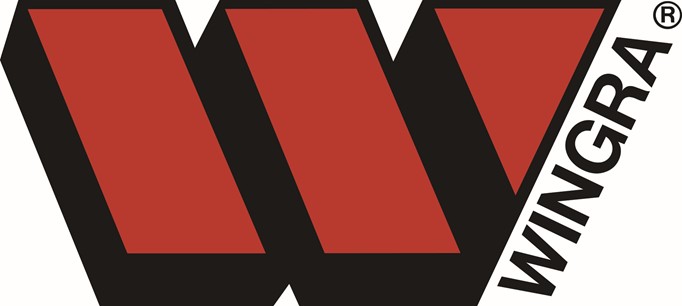Speaker: David Schultz – Hamline University
Credits: 2 PDH and/or 2 AIA CES LU (AIA Course #MCC111821)
Registration Link: https://cvent.me/vwGPBx
Description: Why do good people and organizations act unethically? Architects and engineers may confront ethical dilemmas in many forms during their professional practice, especially in the public arena. Many think that only unethical people do bad things, and that ethical people generally do not do bad things. However, the reality is that is often not the case, and this presentation will discuss why good or ethical people often act unethically. In this program, attendees will examine the Minnesota Rules of Professionalism and Ethics and examine examples of ethical dilemmas in professional practice. Specific case studies will be used to provide a foundation for an analysis regarding how the fostering of ethical diversity and thinking about one’s personal ethics within organizations can prevent the slippery slopes that lead to administrative evil or unethical behavior.
Learning Objectives:
- Understand the Minnesota rules of ethics and professionalism.
- Examine examples of ethical dilemmas in professional practice.
- Learn how to foster ethical diversity and think about one’s personal ethics within an organization.
- Understand why good or ethical people often act unethically and how organizations can prevent unethical behavior.
Speaker Bio: David Schultz is a Hamline University Professor of Political Science who teaches across a wide-range of American politics classes including public policy and administration, campaigns and elections, and government ethics. A three-time Fulbright scholar who has taught extensively in Europe, and the winner of the national Leslie A. Whittington award for excellence in public affairs teaching, David is the author of more than 30 books and 150+ articles on various aspects of American politics, election law, and the media and politics, and he is regularly interviewed and quoted in the local, national, and international media on these subjects. Prior to teaching, Professor Schultz also served as a city director of code enforcement, zoning, and planning in Binghamton, NY, and worked as a housing and economic planner for a community action agency.
Sponsors: This webinar was developed cooperatively by concrete-related associations from Minnesota, North Dakota, South Dakota and Wisconsin. The goal of the cooperative effort is to bring a greater awareness of cast-in-place concrete to the design and construction communities via quality continuing education programs. (MCC, NDCC, SDRMCA, WRMCA)






